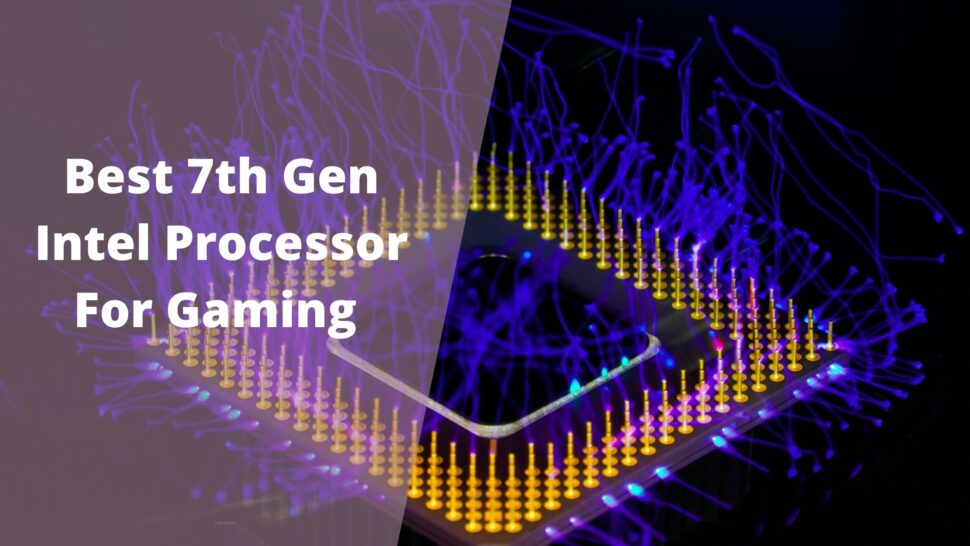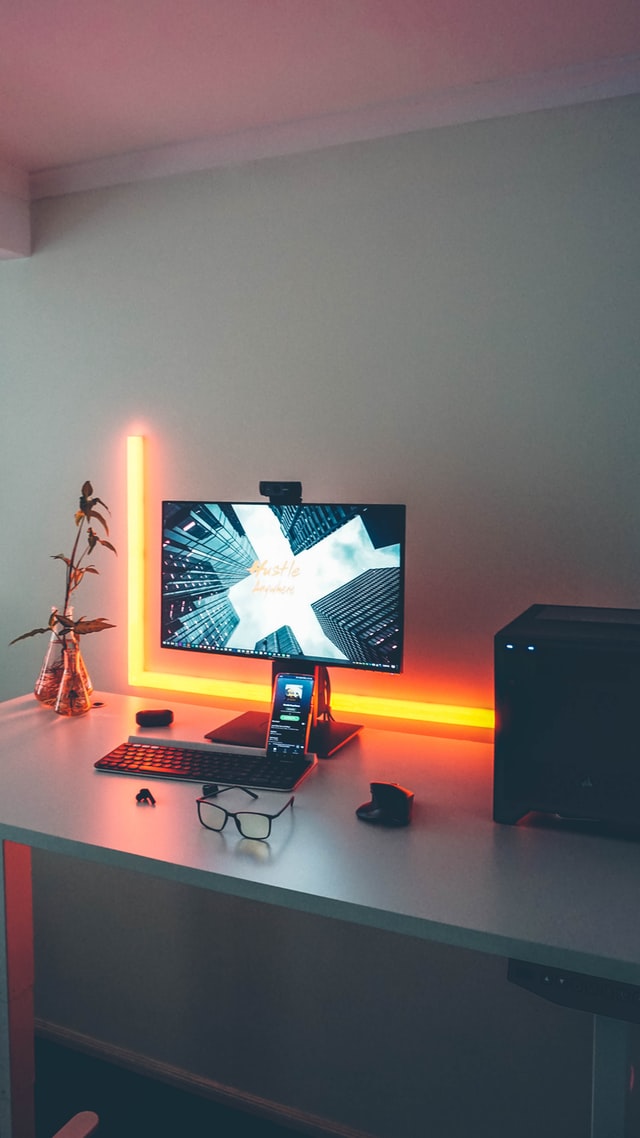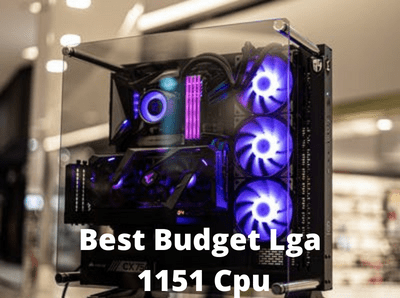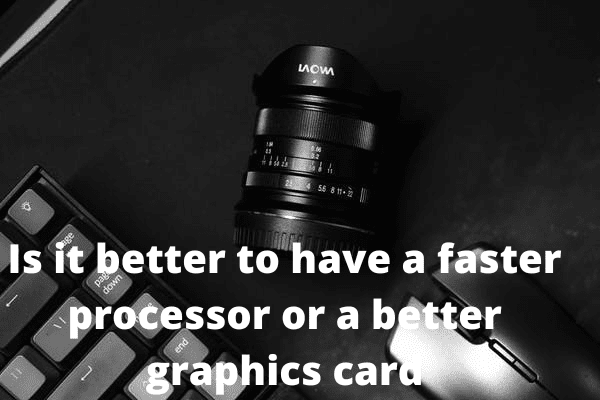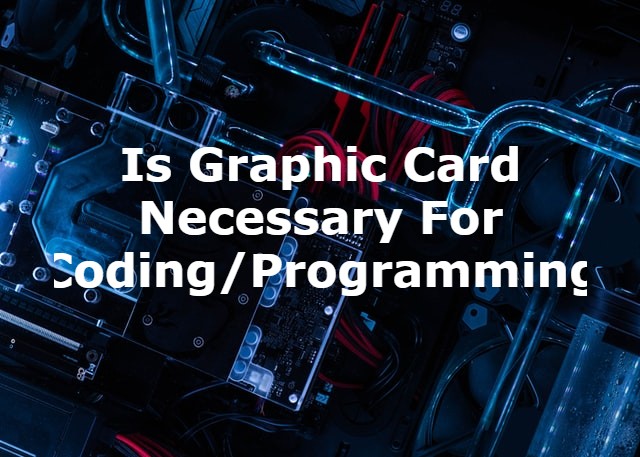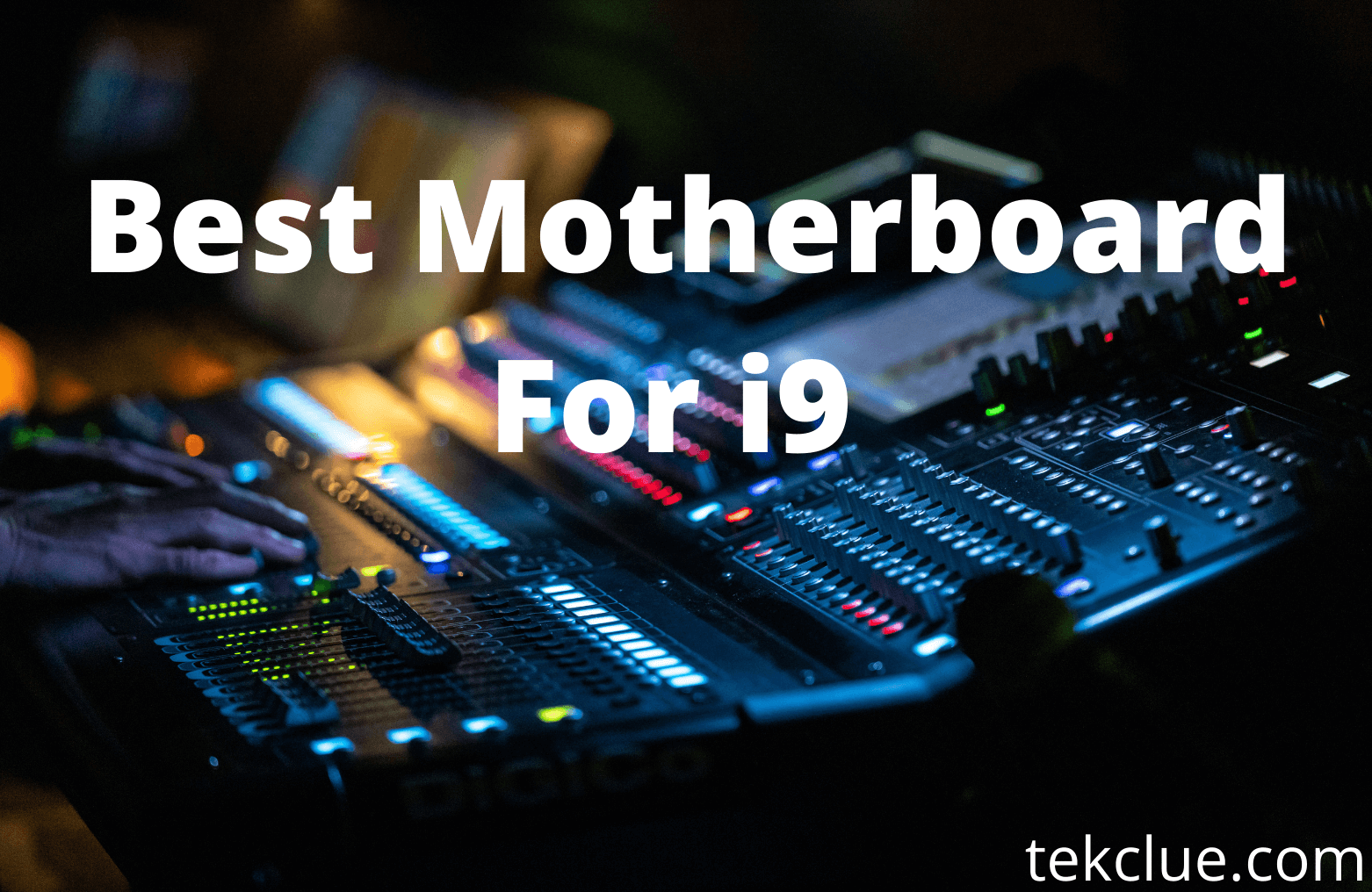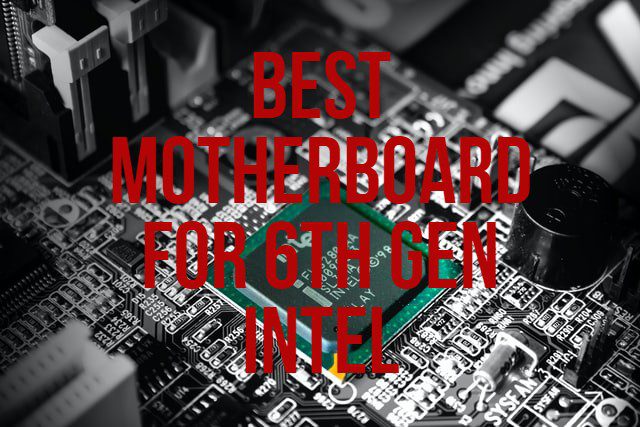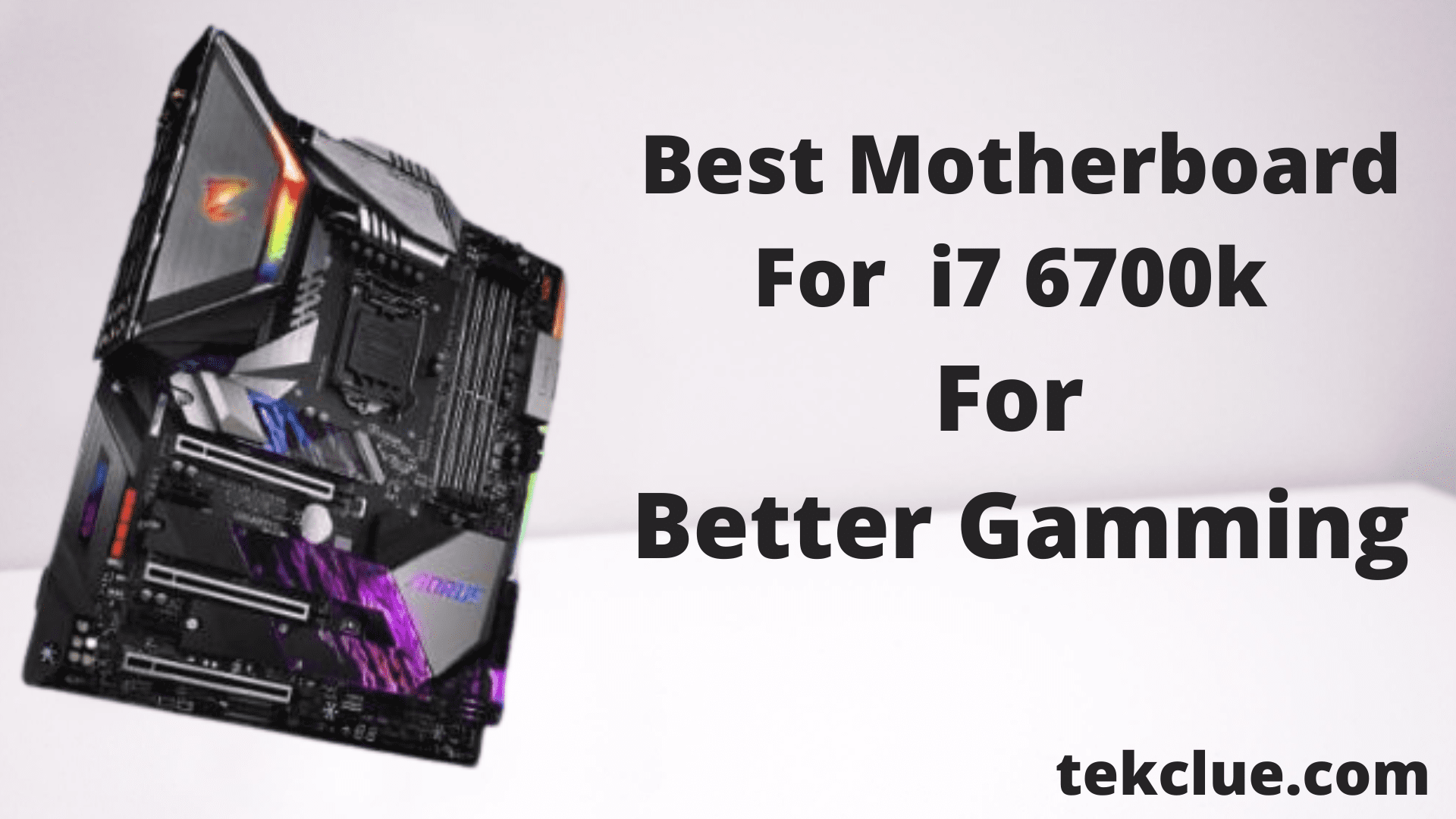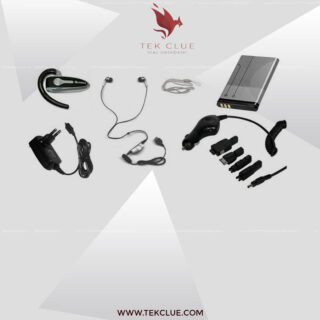Best 7th Gen Intel Processor For Gaming are here. What do you do with your computer? Do you work on more demanding tasks like content creation? How much multitasking is required? Higher-end i7 CPUs with more cores and capabilities like multi-threading may improve your PC’s performance. It is convenient for graphic designers, media editors, and other professionals whose jobs demand many calculations or images to be generated.
A gaming CPU does not need to have the most cores, but it should be able to withstand heat and have rapid clock speeds (and overclocking). Overclocking can significantly improve the performance of your gaming PC. Overclockable processors are identified by a “K” at the end of their name.
These CPUs are often less expensive than the i9 series, but they are still not inexpensive. You might be able to get by with a cheaper CPU from Intel’s i5 or i3 line. The i3 may be adequate for basic browsing and word processing, whereas the i5 will handle a variety of workflows and some gaming. Depending on your needs, these or a more cheap model from AMD’s Ryzen series may be better options.
You may also like Best Chromebook For Gaming
Comparison Table:
| Sr. | Image | Name | Price |
|---|---|---|---|
| 1. | 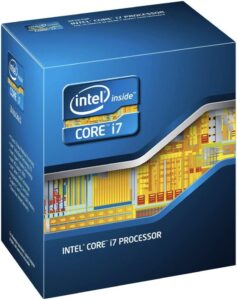 | Intel Core i7-3770 Quad-Core Processor | Check Price |
| 2. | 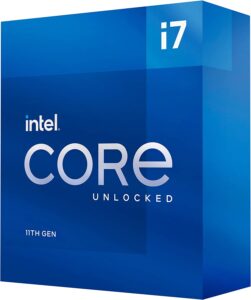 | Intel® Core™ i7-11700K | Check Price |
| 3. | 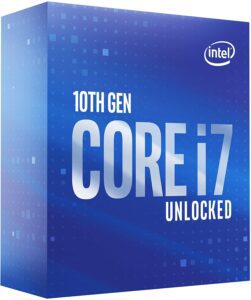 | Intel Core i7-10700K | Check Price |
| 4. | 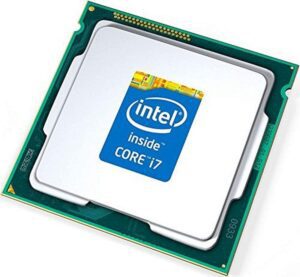 | Intel Core i7-10700K | Check Price |
| 5. | 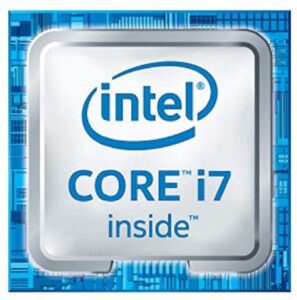 | Intel Core i7-10700K | Check Price |
Best 7th Gen Intel Processor For Gaming
1. Intel Core i7-3770 Quad-Core Processor:
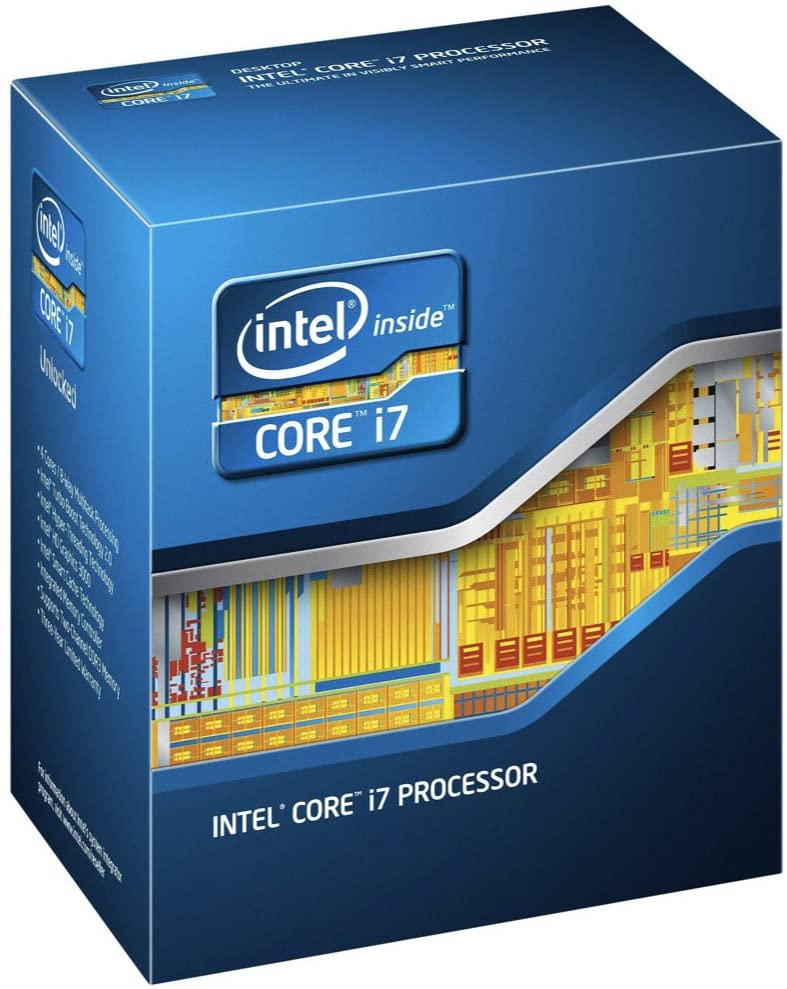
Intel’s unusual six-core CPUs, such as the Intel Core i7 3960X, are only attractive to a small subset of money-obsessed lunatics. They’re not a good buy.
Simultaneously, the new AMD FX 8150’s poor performance means AMD has little to compete with the Intel Core i7 3770K.
Instead, the Core i7 3770K’s success or failure will be determined by its ability to convincingly outperform the chip it replaces, the Intel Core i7 2700K. At first appearance, that does not appear to be a simple task.
Specifications:
- Model: Intel Core i7 Processor i7-3770
- Clock Speed: 3.4 GHz
- Max Turbo Frequency: 3.9 GHz
- DMI: 5 GT/s
- Intel Smart Cache: 8 MB
- Max Memory Bandwidth:?25.6 GB/s
- Graphics Base Frequency: 650 MHz
- Best 7th Gen Intel Processor For Gaming
2. Intel® Core™ i7-11700K:
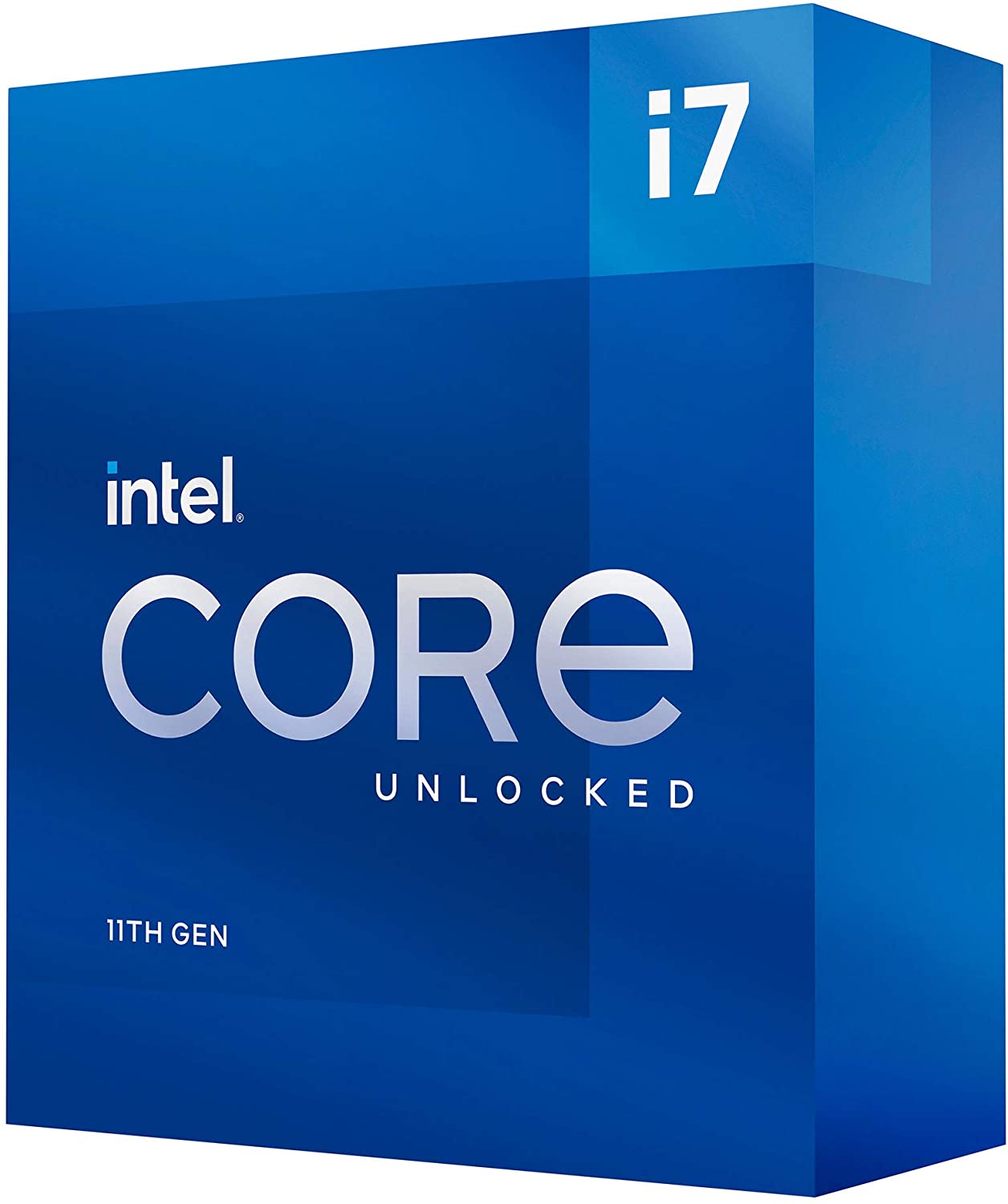
It is one of the Best 7th Gen Intel Processor For Gaming in 2023. The 11700K’s pricing makes it an appealing chip if you want the most incredible performance from a mainstream Intel platform without paying the flagship price. Still, it faces heavy competition from AMD chips, which have dominated our list of Best CPUs (at least when they’re available at retail).
Cypress Cove, Intel’s first new desktop PC chip design in six years, gives the Rocket Lake CPUs a 19% boost in IPC in most workloads. However, the backported Cypress Cove (built for 10nm) comes with a significant tradeoff:
Rocket Lake is still manufactured on the 14nm process and has a maximum of eight cores and sixteen threads. It is a step down from the previous-generation 10-core Comet Lake i9 processors, and it pales in comparison to AMD’s monstrous 16-core Ryzen 9 5950X flagship.
Specifications:
- Compatible with Intel 500 series & select Intel 400 series chipset based motherboards
- Intel Turbo Boost Max Technology 3.0 Support
- Intel Optane Memory Support
- PCIe Gen 4.0 Support
- No thermal solution included
3. Intel Core i7-10700K:
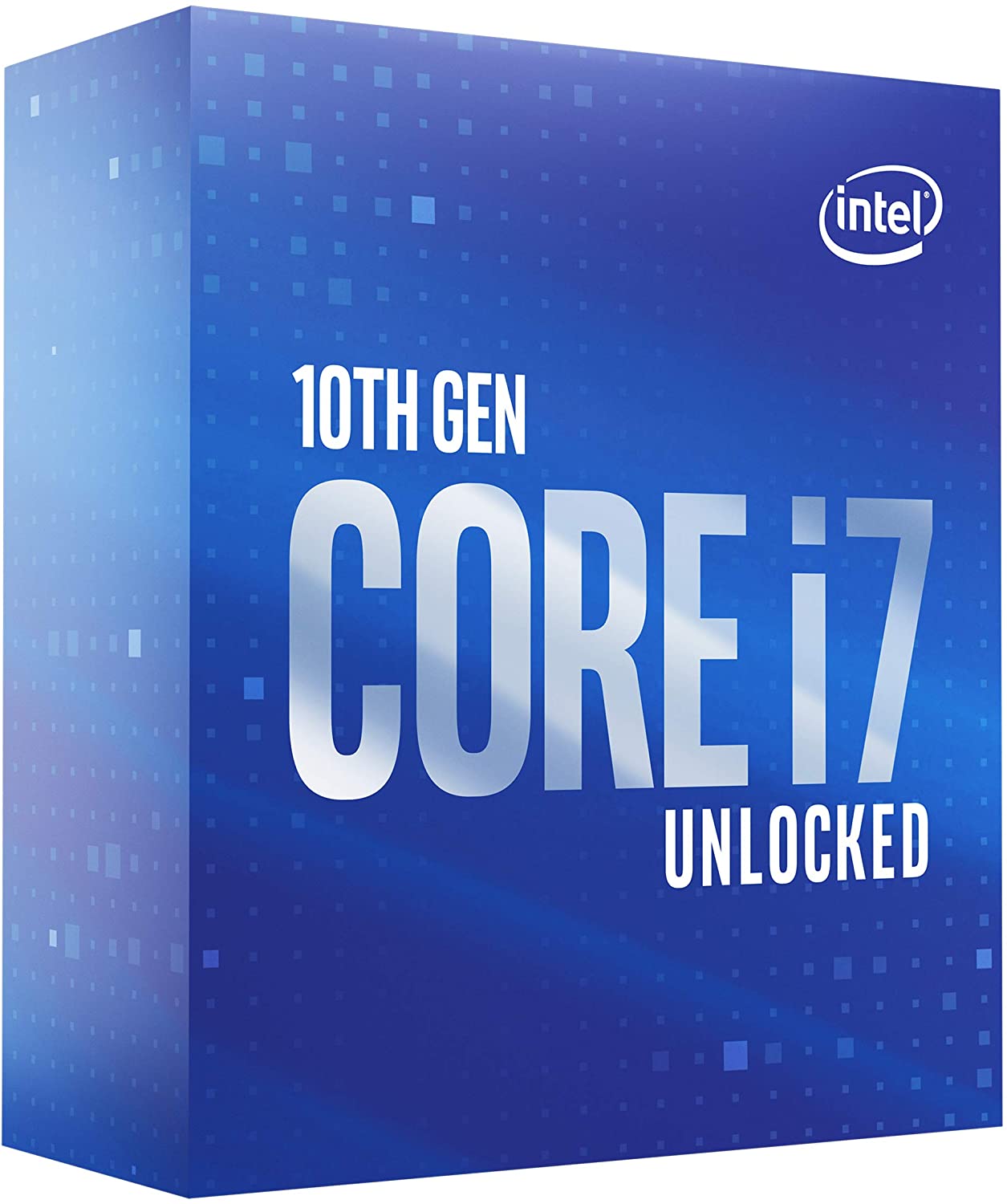
Intel saved the best features for its halo Core i9-10900K, such as support for Thermal Velocity Boost, which activates higher boost speeds if the chip is kept below a specific temperature. The Core i7-10700K, on the other hand, heralds the introduction of Turbo Max 3.0 to the Core i7 family.
To boost snappiness, this technology targets the 10700K’s two fastest cores, which peak at 5.1 GHz, with lightly threaded workloads. As a result, the Core i7-10700K and Core i9-10900K compete for gaming dominance in a surprisingly close race.
Specifications:
- 8 Cores / 16 Threads
- Socket type LGA 1200
- Up to 5.1 GHz unlocked
- Compatible with Intel 400 series chipset-based motherboards.Bus Speed: 8 GT/s
- Intel Turbo Boost Max Technology 3.0 support
- Intel Optane Memory support
- Graphics Base Frequency: 350 MHz
4. Intel Core i7 i7-7700T:
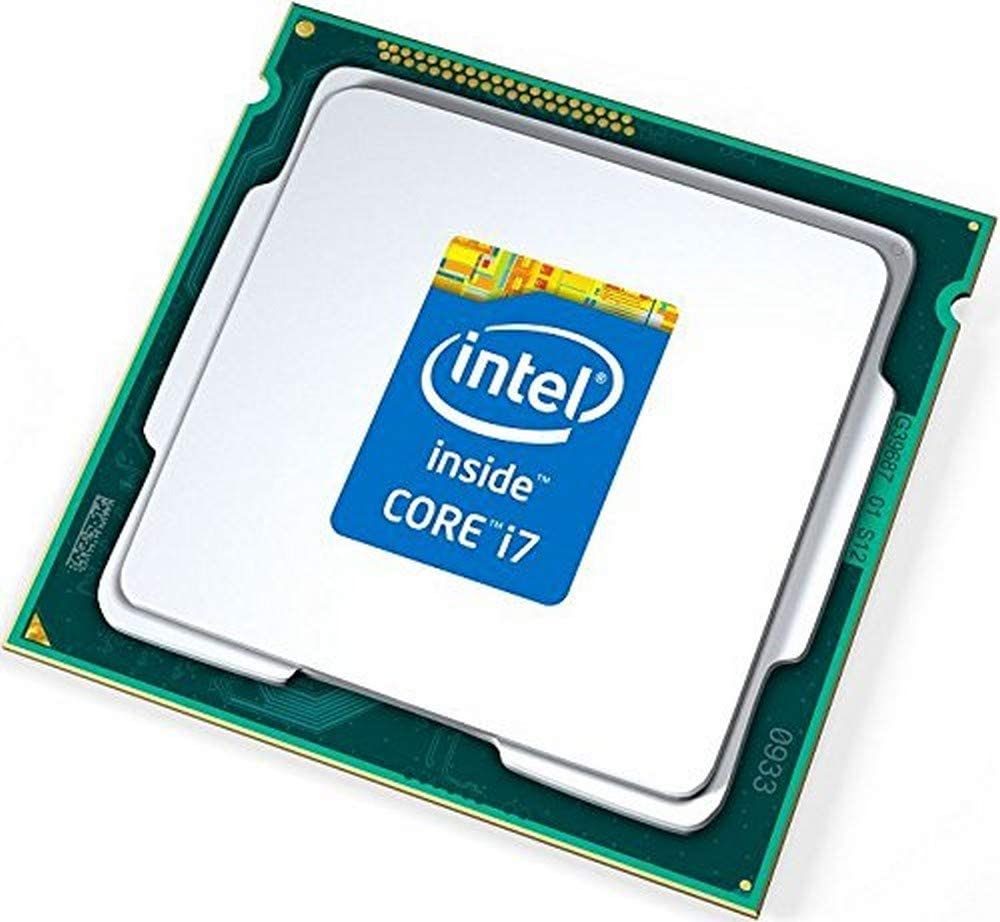
The Intel Core i7-7700T is a fast quad-core processor for desktops announced in January 2017 and based on the Kaby Lake architecture. It is the top 35 Watt model and much slower than the similarly titled Core i7-7700K.
The four Skylake-based CPU cores run at speeds ranging from 2.9 to 3.8 GHz and feature HyperThreading / SMT (8 threads).
Specifications:
- Equipped with fast responsiveness, the 7th Generation Intel Core Processor has the power and accuracy to keep up with your demands.
- Feel the clarity and sharpness of ultra HD material with the clarity and sharpness of ultra 4K resolution. (when applicable)
- 2.90Ghz Base, 3.80GHz Turbo. Memory Types: DDR4-2133/2400, DDR3L-1333/1600 @ 1.35V.
- Quad-Core 8MB Smart Cache
5. Intel Core i7-6700K:
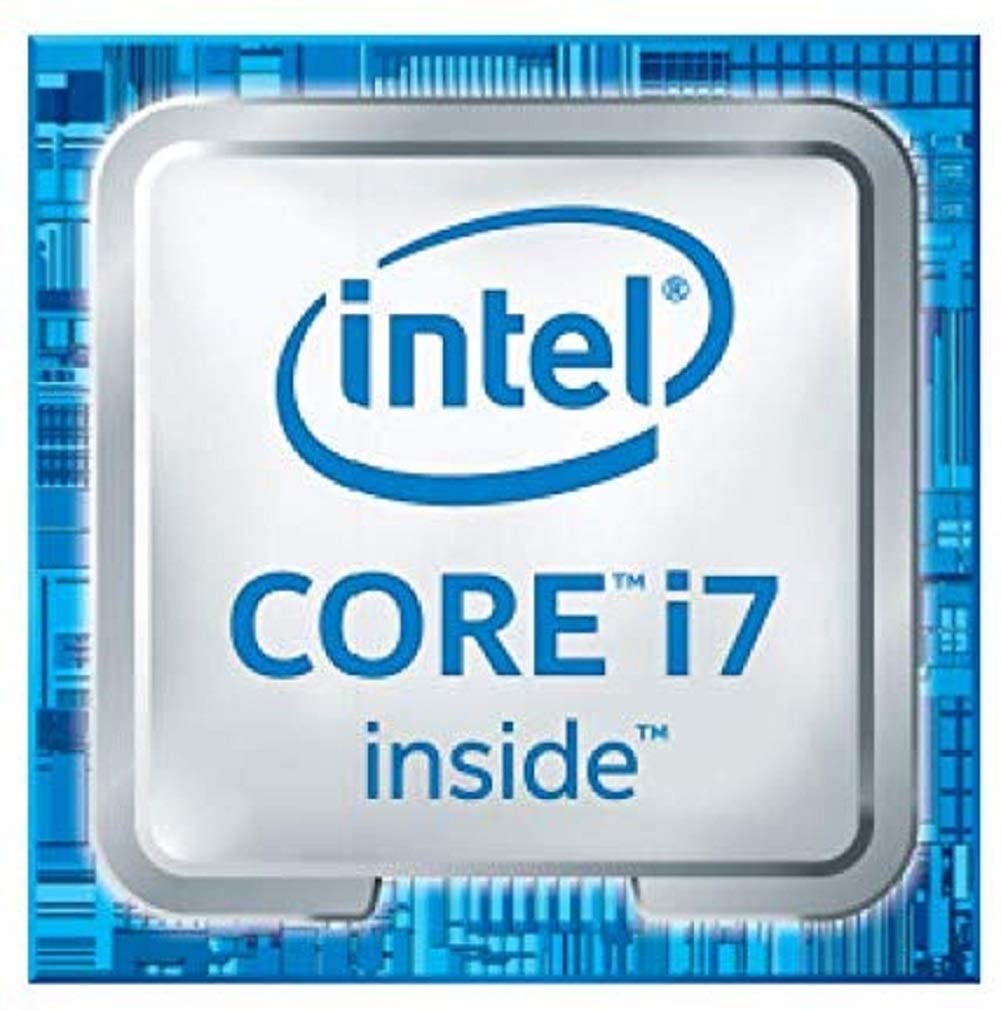
From the perspective of desktop-PC aficionados, upgraders, and PC gamers, Intel’s 5th-Generation (“Broadwell”) Core CPUs arrived much later than expected—late enough to make them only moderately important.
The Intel Core i7-6700K, the first socketed Broadwell CPU, arrived on our test bench (and on retail shelves) less than a month before we published this evaluation in the first week of August 2015. The i7-5775C was first previewed at the Computex 2015 trade exhibition in June.
You may also like Are ChromeBooks Good For Gaming?
With Broadwell, there was also a significant time difference between the desktop and mobile components. Desktop Broadwell, which has powerful Iris Pro on-chip graphics in the i7 we tested, arrived over a year after unveiling the first 5th-Generation processors (low-power Core M chips aimed at small laptops and 2-in-1s) in September 2014.
Specifications:
- Intel Core i7 i7-6700K Quad-core (4 Core) 4 GHz Processor.
- Socket H4 LGA-1151
- OEM Pack – 1 MB – 8 MB Cache – 8 GT/s DMI
- 64-bit Processing – 4.20 GHz Overclocking Speed – 14 nm – Intel HD Graphics 530 Graphics – 91 W
FAQs:
Is the Intel Core i7 7th Generation suitable for gaming?
Core i7 processors are more powerful than Core i5 CPUs. They are more suited for multitasking, multimedia tasks, high-end gaming, and scientific research. Core i7-equipped PCs are also marketed to customers who desire quicker systems.
Which Core i7 generation is best for gaming?
Overall winner: Intel Core i7-10700K
The i7-10700K offers good value and is an excellent choice for gamers or anyone looking to improve the performance of their PC. It has eight cores and 16 threads, with an essential clock speed of 3.8GHz.

